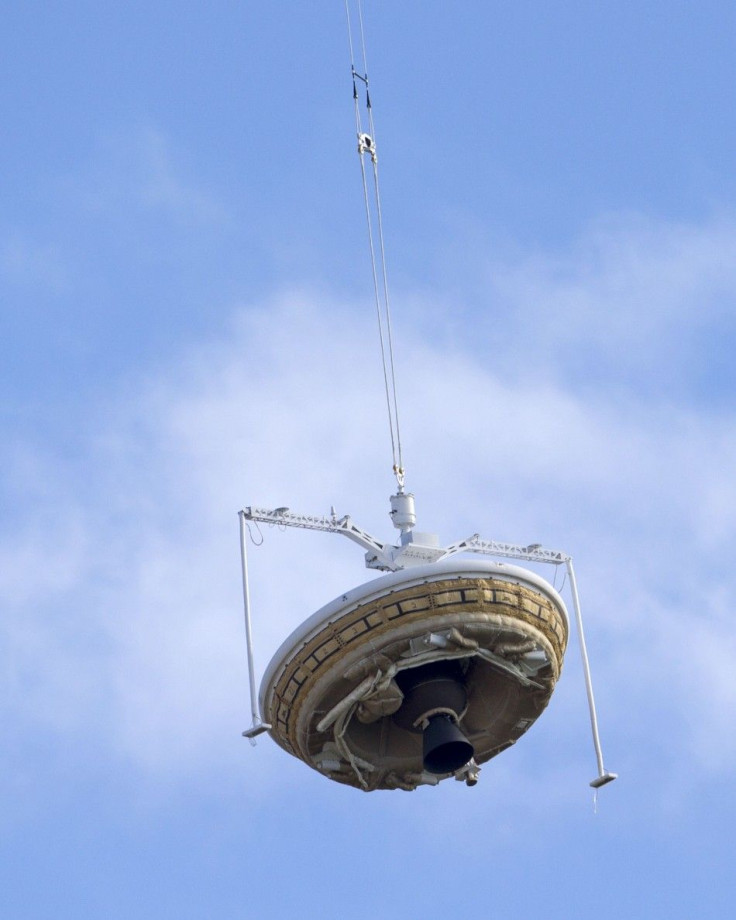Mars One: Astronauts Serious About A One-Way Trip to Mars by 2018

Astronauts are keen to go on a one-way trip in Mars One by 2018. Masdar professor Mihai Sanduleanu is confident about his technology that he believes will offer immense help to astronauts in Mars. His idea about a 'self-healing circuit board' has been sent to Mars One.
The design is in an early phase and its implications could be huge as the astronauts may not have to worry about their equipment failing while on long missions.
Mr. Sanduleanu said, "In a harsh environment you rely on your equipment to protect you. If something goes wrong . this can mean the difference between sustaining life over the long term, or disaster."
Mars One is working alongside the aerospace technology company Lockheed Martin. They hope to send the spacecraft by 2018 and all settlers to be sent by 2025.
The program, based in Thr Netherlands, aims to send four people to Mars. The training and actual mission will be filmed for a reality television documentary which will help raise funds. The mission requires a funding of $6 billion.
Mars One, until now, has selected three people from United Arab Emirates for the second round. These candidates will undergo medical tests and a thorough interview.
During the 2018 mission, attempts would be made to extract, from the frozen subsoil, water. Tests will be done to check the ability of thin film solar panels to capture energy from the sun.
A vote will help the Mars science research community to select ideas. Sanduleanu hopes that his idea will be selected by the community.
The co-founder and chief technical officer of Mars One, Arno Weilders, said, "We are opening our doors to the scientific community in order to source the best ideas from around the world. The ideas that are adopted will not only be used on the lander in 2018, but will quite possibly provide the foundation for the first human colony on Mars. For anyone motivated by human exploration, there can be no greater honour than contributing to a manned mission to Mars."
While working at an experimental division at IBM, Sanduleanu came up with the idea of the self-healing circuit boards. He has been pursuing his research for the last six months from the Masdar Institute of Science and Technology.
Nanoscale circuits are what the design relies upon and it involves monitoring of defect and adjusting the voltage accordingly.
Sanduleanu explained that the implications for aerospace departments are huge and that it reduces the need to carry out manual maintenance on equipment in space, which can be technically difficult and involve lots of resources.





















